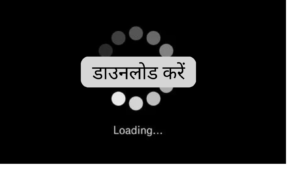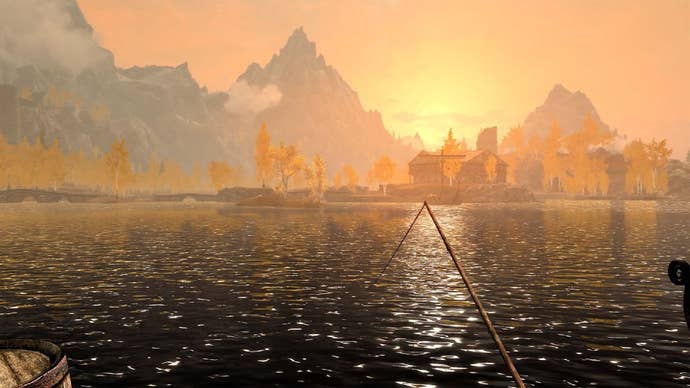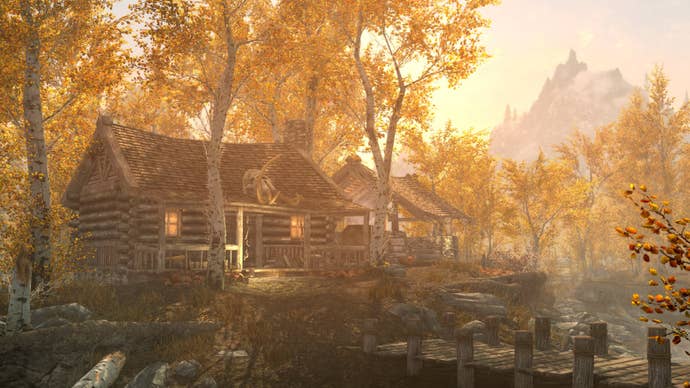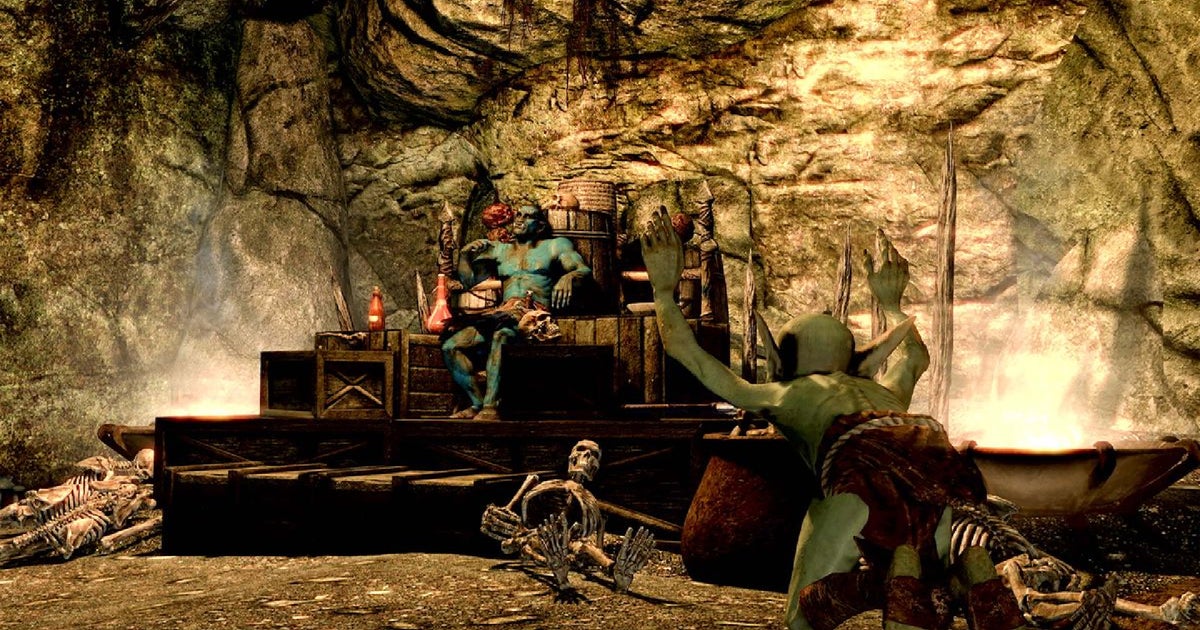“Modding starts as a hobby and mods are passion projects for most people when they start,” said modder Emmi Junkkari, who you may know by name. elianoratells me.

“I doubt most people started creating content for these games thinking they will make a lot of money from Patreon. When modding began for Oblivion and Morrowind (and previous Fallouts), we didn’t have PayPal or Patreons and Ko-Fi didn’t exist. I think people got used to everything being free, and people created content because they wanted to, and when new ways came out for content creators to be compensated for their work, Bethesda’s hivemind modding didn’t catch up. ”.
Manage cookie settings
If you’ve been on social media in the past week, there’s a good chance you’ve seen plenty of examples of the sentiment Junkkari is referencing, likely in posts containing the phrase that, for better or worse, has come to define the controversial topic about which is part. Paid modifications. Unsurprisingly, with Bethesda Game Studios’ release of Creations for Skyrim on December 5, the debate that has been raging on and off in communities around the company’s role-playing games for years came to the fore. flat once again.
as a modder Shekhinaga wrote in a publication on r/skyrimmods about the update that brought this new/renewed initiative to the game: “Bethesda, or Microsoft, or both, I don’t know, are testing paid mods once again.” Much like we saw with the introduction of the Creation Club concept in 2017 and the original 2015 attempt to test the whole ‘pay for mods’ concept through Skyrim’s Steam Workshop, many of the community’s loudest responses seemed to skew negatively. .
Some of these came from the modders themselves, declaring that they would never charge money for their works. Shekhinaga alludes to this “culture of ‘always free’ users who have different arguments for not liking paid mods” in the set of reasons why they believe the update that Creations brought to the game was so unfavorable for much of the community.
They also describe the headaches caused by the changes Bethesda made as part of this equation, saying: “Modders often have to deal with a lot of issues, ranging from broken systems to updates that break mods where other mods they trust. An update that breaks major frameworks, such as Dynamic Animation Replacer or Open Animation Replacer that introduces a new way to monetize mods, will generally be poorly received.”
Elianora, whose ‘Shadetree Lodge’ player house is one of the creations available through the revised platform at launch, believes the fear that players with strong modding preferences set, either now or in the future, will end up having to pay by default just to have a “good load order ” is also a contributing factor, adding: “I anticipate that most of the custom content in these games will remain free.”
.jpg?width=690&quality=70&format=jpg&auto=webp)
While concerns and philosophical differences like these remain, both modders acknowledge that Bethesda has made an effort with Creations to address some of the issues raised in their previous attempts to do something similar.
“My main complaint with the first implementation of paid custom content for these games years ago was that it was a wild west of modding,” says Junkkari, “nothing was curated, people could upload old and new mods, and even other people’s work . “
“For Creations, Bethesda approves all works and their creators and quality control. [tests creations], you can’t upload old content either,” he explains. The modder also adds that she is a big fan of the fact that the use of generative AI in creations is prohibited, as well as the “new resources” and improvements to the game’s creation kit that have been made available to all modders as part of the update.
Shekhinaga, on the other hand, maintains that Creations “does a lot to address many concerns people had with the previous implementation, but not enough to address the core problem: many of us are extremely averse to paid mods.”
As someone who hasn’t applied to be part of the Verified Creators Program that modders must be a part of to set prices for their work on the platform, Shekhinaga says, “I’m actually really happy that mods are being made.” more accessible and that more and more people join it. I make mods because I had an idea and I wanted to share it, so I would have more people to share it with. [these with] It’s something good”.
However, they have a number of personal reservations about the “tiered system, paid or unpaid” it involves, which focus on “quality, expectations and personal incentives”.

First of all, they explain: “I think making a paid Creation/mod will lead to a lower quality product. If I were going to make a creation, I wouldn’t make something that was technically difficult to make. I would stay as safe as possible to keep potential clients happy. “It would also broaden the appeal of my mod to increase the number of downloads, and that would cause a loss of personal spark.”
Secondly, they cite the effect they think the system could have on how players consider paid and unpaid mods, saying: “When browsing a gallery of anything, many people tend to associate quality with price, and free items are often considered inferior to paid ones. options. “Such an environment would suffocate modders who do not charge for their creations, strictly due to the fact that they do not have a price.”
The modder identifies his latest major concern regarding whether the system could be open to problems caused by the different “personal incentives” that creators have. “Due to the way the platform is monetized, it is possible to create several small pieces of content and sell them individually,” they explain, adding: “Another concern I have is content that relies heavily on existing mods. The idea of developing a free mod created by an unrelated third party to create a paid product does not seem right to me.”
They also add that, from a consumer perspective, the inability to personally test Creations with your game before purchasing them is “a very bad point for more complex load orders, or simply, games with mods installed.”
On the other hand, Junkkari, who also contributed several works to the Creation Club incarnation that debuted in 2017, says she decided to become a Verified Creator because: “Being able to work on the things I love, with some of the best phenomenal Developers in the world.” industry and getting paid to do it is too good an opportunity to pass up.”
“Originally with Creation Club, and now with Creations, I can continue to work as a freelancer, so I have the freedom to work on my own ideas and inspirations, rather than ‘working on someone else’s project’ as a normal game developer, and Also being able to work at my own pace. “If this show is successful, I could quit my day job and make a living doing what I love, working on Skyrim and hopefully Fallout 4 and Starfield in the future.”

When creating Shadetree Lodge, Elianora reveals that she faced the challenge of achieving the vision she had in mind for the first hunter’s lodge she had built since creating Nyyrikki for OG Skyrim using only basic elements. Since she wanted the cozy cabin to work the same on all platforms, including PlayStation, where loading “new assets like scripts and textures or meshes” for mods remains impossible, the modder had to get creative with some models. For example, turning parts of them invisible or swapping different textures to create new objects.
In terms of the impact he hopes this version of the initiative will have, Junkkari says: “Creations can be a great opportunity for many of the community’s best creators to get a stable stay rather than the occasional donation from a grateful fan. and get our foot in the door towards Bethesda and the gaming industry.” And he adds: “At least five people who were originally part of the Creation Club are now official employees or contractors of Bethesda.”
Meanwhile, Shekhinaga says they don’t think there’s a Creations-style system that makes them feel comfortable monetizing their mods. “While measures are being taken, I have some serious problems [concerns] with the idea of creating what is essentially an independent marketplace for hobbyist developers. “This can have negative implications for both the mod creator and the end user, and potentially for Bethesda/Microsoft themselves.”
“It can also be a good thing, if it is heavily regulated,” they add, “but I think Bethesda hiring a team of modders to create official content would be better than a marketplace.”
We’ll have to see how the future plays out for Creations to see if it ends up having any of the positive or negative effects on Bethesda’s game modding that those on board and skeptics have suggested. Regardless of whether it turns out to be a positive development, a misstep, or something in between, chances are the community will continue to come up with plenty of exciting projects in the meantime.
[ad_2]
